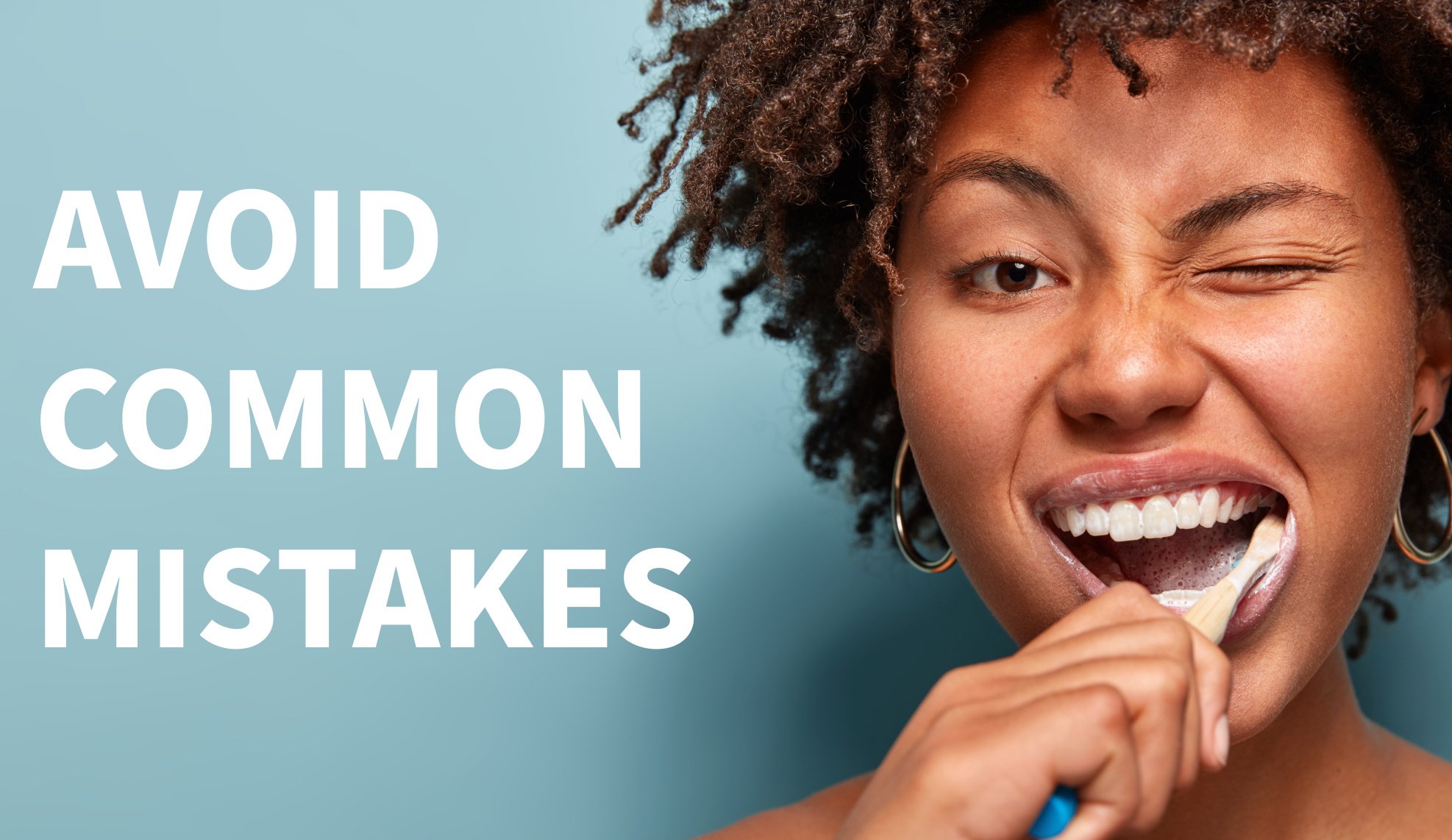Oral hygiene is a crucial part of our daily routine, and brushing our teeth is the cornerstone of dental care. However, many of us might be inadvertently harming our teeth and gums by not knowing best practices for a common activity. It’s crucial to understand the perils of overzealous brushing, the ideal pressure for your toothbrush, signs of overbrushing, and the significance of choosing the right bristles for your toothbrush.
Understanding the Consequences of Brushing Too Hard
Some people believe vigorous brushing is the key to achieving a cleaner, healthier mouth. However, this is far from the truth. Dentists often encounter patients who scrub their teeth with excessive force, thinking that it's the best way to remove plaque and maintain oral health. In reality, toothbrushes and toothpastes are designed to do the heavy lifting. They effectively clean your teeth through both physical contact and the formulation of toothpaste. It's essential to let them do the work.
Brushing your teeth too hard can lead to a range of problems, including:
- Receding Gums: Gingival recession occurs when the gum margin is pushed in the apical direction (down, toward the root of the tooth). This exposes the tooth's cementum and root dentin, making them vulnerable to various factors that can lead to hypersensitivity.
- Tooth Enamel Erosion: The protective enamel on your teeth can wear down when you brush too hard. This can result in sensitivity to hot, cold, acidic, and sweet foods—a particular concern in a world where acidic diets and gastroesophageal disorders are becoming more prevalent.
- Dental Abrasion: Dental abrasion, combined with biocorrosive factors, can significantly contribute to tooth wear. The presence of intrinsic or extrinsic acids can exacerbate the damage.
The Ideal Pressure for Brushing
The ideal pressure for brushing your teeth is similar to the gentleness you use when massaging your eyelids—firm but not forceful. Some electronic toothbrushes come equipped with pressure sensors to help you maintain the right pressure. You also want to hold your toothbrush like a pencil, not a tennis racket, to avoid applying excessive force.
Recognizing the Signs of Overbrushing
Your body can be an excellent indicator of whether you're brushing too vigorously. Signs of overbrushing include:
- Red, swollen, or bleeding gums, which may suggest excessive force (or gum disease, see your dentist!).
- Increased tooth sensitivity or visible wear on your teeth.
If you notice redness and inflammation in the gum margin, it may imply the need for improved cleaning. In case of uncertainty about the cause of redness, consulting your dentist is advisable. Additionally, if the bristles on your toothbrush begin to splay or appear "open" relatively quickly, it's a sign of applying excessive force.

If your toothbrush looks like this, you might be brushing too hard, and it’s definitely time for a new one.
The Importance of Choosing the Right Bristles
The choice between soft and hard bristles matters greatly when selecting a toothbrush.
Soft Bristles: Most dentists recommend soft or extra-soft bristles as they effectively remove plaque and debris without causing damage. They are particularly suitable for those who tend to brush forcefully, have sensitive teeth, or show signs of erosion or gum recession.
Medium/Hard Bristles: While there may be specific situations where a dentist might recommend medium or hard bristles, soft bristles are generally the safer choice for most individuals. Medium or hard bristles can be abrasive and potentially damaging when combined with vigorous brushing. Save these for scrubbing your floors, not your teeth.

Choosing the right bristles for your toothbrush can have major impacts on your oral health. When in doubt, choose soft over firm.
By adopting the advice of dental professionals, you can maintain a healthy and radiant smile without the risk of overbrushing. Regularly practicing a gentle brushing technique and choosing the right bristles for your toothbrush are crucial for achieving optimal oral hygiene. Remember, your toothbrush and toothpaste are your allies in preserving your oral health, so let them do the work.
If you’d like a toothpaste designed by a dentist that will help improve your brushing routine and oral health, try Opalescence™ Whitening Toothpaste—it tastes great too.









